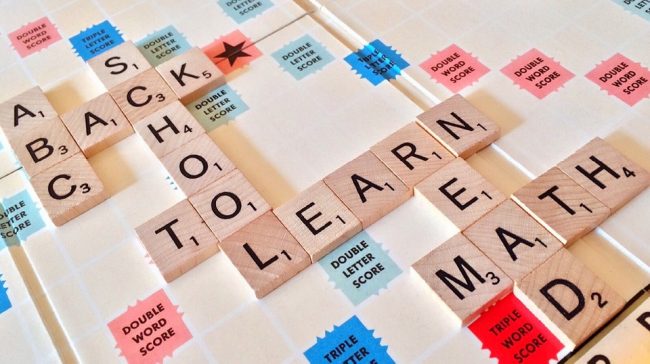Government figures of the latest test results show more than a third of children have not reached SATS targets as they leave primary school, 64% of students got the required results in the 3 Rs tested by the SATs in KS2. Though this figure is up from 61% last year and 53% the year before, this still means 36% of students are flying under the bar.
Which brings us to the question, what are the SATs actually testing? This question is asked every year, and as parents are putting their children into schools based on the league tables, it is not clear whether the SATs are a test for the students or for the school. Some critics think it says more about the intake of the school than how children are learning.

If you are the parent of a child who has not done well in the SATs, you know what that says about which schools your child will be able to get into. Basically, more and more lower-end schools are left behind, with their students who don’t get top marks, and the schools that do well continue to take in students who do well. It’s a vicious cycle.
Sitting the SATs comes with a great deal of pressure, so much so, in fact that the SATs at the end of KS1 are going to be scrapped by 2023, thankfully. Do we really need 7 year olds stressed and filled with test fatigue? But this is the system, so what can we do, as parents or educators? As a tutor, I help students deal with the stress and with the tests, from a very, very young age. For children who don’t have the benefit of this kind of help, in or out of school, the tests can be extremely stressful, and put you on a path in life that you might not realise, until it is too late.
The government says that such standardised tests make schools accountable. A study by Bristol University says that after banishing league tables in 2001, about three quarters of Welsh schools now have falling standards. But the SATs only test Maths and English, and that too a certain part of the syllabus. What about the other subjects like Science and Humanities?
Even Ofsted inspections now focus too much on the two subjects tested in the SATs. This means that as long schools are focusing on only Literacy and Numeracy, it doesn’t matter what extra-curricular activities they might include, and how much holistic education they are giving their students. In fact, it doesn’t even matter if students are getting a well-rounded education, as long as they do well in the tests for these two subjects.
I agree that Maths and English are very important. However, there is a difference between students being strong in the fundamentals of those two subjects and passing tests on them with flying colours. It is possible to teach students exactly how to do well on tests without them having any deep skills or knowledge of the subject. Trust me, I know this very well.

Most of the work that I do, when I am not preparing students for their SATs, is working on fundamentals. It is amazing to me how little students understand why they do what they do, when working out a problem or reading a text. How can we only place emphasis on tests, when they do not accurately assess what a child actually knows or understands in a subject?
Another disadvantage of tests to the education system is that it encourages competition between schools, rather than collaboration. Is it fair to blame them, when league tables are so important to the standing and reputation of a school? This is another reason why students are pressured – personal pressure from themselves and their parents aside, schools turn the screw on students too, making sure they do not harm the school’s averages.
The Schools Standards Minister Nick Gibb told the Independent that he would ‘very concerned’ if schools were making their 11+ students upset while preparing them for the SATs. This came after news that children were making themselves sick, mentally and physically, over the tests. But what else can he expect, when the fallout is so grim, for both schools and students?
He went on to say: “These aren’t tests that affect the future of the child. So there is absolutely no reason why any school should put pressure on young children.” However, he might want to check his facts. Two out of five students are worried about sitting their SATs, and a quarter of them believe that the test results will help them find a job.
Regardless of the fact that that last bit is not true, students do getting into their next school, and closer to university, based on their 11+ results. And if a third of students asking for admission into these schools are marked ‘not up to standard’, that does say a lot for their educational journey and the odds they will have to beat.
The new tougher tests are three years old now, and have put an enormous amount of pressure on students and parents. Parents were told that their sick children would need to sit the tests, with the help of first-aiders. This has increased calls for a boycott, and parents have asked head-teachers to put their duty of care ahead of their duty to league tables.
When the well-being of children is pushed to the wayside, but schools, educators and the government, we know that something is very wrong with our education system. This is the next generation of citizens we are raising, and we owe it to them to make the right things our priority, and not league tables and scores. If we don’t help our children hold on to their childhood, we will have to pay a heavy price later.
